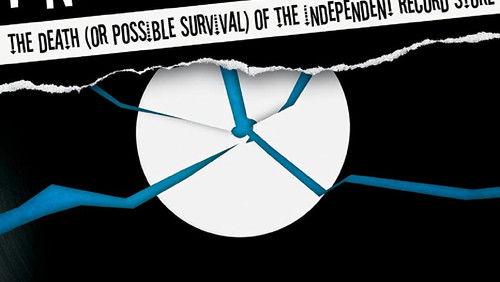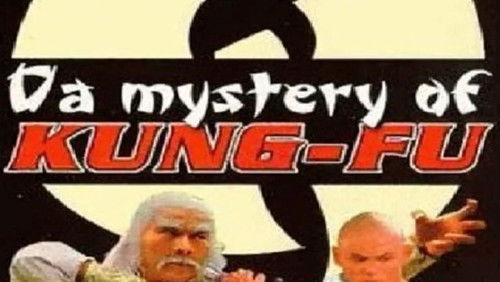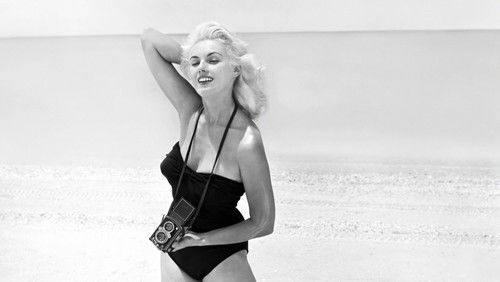By Sidney Lumet (2015)
39KBy Sidney Lumet: Directed by Nancy Buirski. With Sidney Lumet. In a never-before-seen interview filmed in 2008, three years before his death, Sidney Lumet discusses his life and career.
“Not any less or more than the De Palma doc, just different; here itu0026#39;s not the u0026quot;evolution of a careeru0026quot;, film by film, with sprinklings of personal details, as De Palma was. This is more akin to what one might hear in podcast form like on a WTF episode, where it is more of a free ranging conversation that is more about the emotional and thematic parts of many parts of a body of work and how that ties back at least somewhat (or majorly at times) into Lumetu0026#39;s life. He is up front here in this 2008 dated piece about the u0026quot;peaks and valleysu0026quot; of his work, but he decidedly refutes the criticism he got over the years that he didnu0026#39;t have some unifying notion to his films. u003cbr/u003eu003cbr/u003eThis doc does a very good job of showing it: u0026quot;Is It Fair?u0026quot; Lumet covers a lot of ground here (if for some reason youu0026#39;re a fan of his 90u0026#39;s work then youu0026#39;ll be disappointed I suppose, thereu0026#39;s nothing covered from then), including his time as a child actor in the Jewish theater in New York city, living a poor life, which he didnu0026#39;t know it was then, during the depression; with his father leading the way as a highly respected actor in the group (he later was featured in some of his movies like the Pawnbroker); and then as a child actor on the stage. Thereu0026#39;s also time during the blacklist when things possibly couldu0026#39;ve gotten dangerous for him (he even goes as far as to say he has some degree of sympathy for Kazan) and then of course much time spent discussing his films. But, of course, thereu0026#39;s also a few words for live television and how that basically prepared him, along with his time as an actor and directing theater, for his career.u003cbr/u003eu003cbr/u003eThere was no grand plan exactly, one can sense, as Lumet was often a gun-for-hire (early on, or perhaps later on he suggests, he didnu0026#39;t have final cut on his films, which is insanity), and sometimes, especially early on, he was just happy to work. I can see that now in looking at his early filmography, up until really the 1970u0026#39;s, he had a lot of luck on his side: collaborations with people like Henry Fonda, Katharine Hepburn, Rod Steiger helped carve a path for him as the kind of director who almost canu0026#39;t be touched when it comes to directing actors, and also a good taste, when he could, in material. He brought the first full version of Long Dayu0026#39;s Journey to Night to screen, and, as he puts it, if you get a text that great, you donu0026#39;t try to question what itu0026#39;s u0026quot;aboutu0026quot; as itu0026#39;s about many things. Thatu0026#39;s something that Lumet comes back to in a way throughout his career, though the major question for him with any work he gets isnu0026#39;t the story but what emotionally it does to the audience.u003cbr/u003eu003cbr/u003eLumet died in 2011, but I think his films will stand up over time because of how he was able, for the most part, to grapple with the material he was given or was able to shape from terrific writers (I do wish a little more credit had been given to some of the writers, with the exception of Paddy Chayefsky, but hey, only so much time here right). What this doc does is bring back the films, from the critical bomb The Wiz to the underrated Daniel and stories that even Lumet questioned why he was doing it like Prince of the City, into a larger context and rightfully argues that the man did have a sense of why he would take on most projects: he wasnu0026#39;t a socially conscious filmmaker in the sense of u0026quot;now I will do an X movie for so and so reasons.u0026quot; He started with the people, or some emotional theme (as in the Pawnbroker, how to come back from pain, if at all, or Serpico about a rebel), and hoped the audience could meet him halfway.u003cbr/u003eu003cbr/u003eAnd, damn, you get reminded of some of the fiercest performances of the past 50 years in this thing: Pacino, Phillip Seymour Hoffman, Brando, Pacino again, Judd Hirsch(!) and River Phoenix, Paul Newman. Is there an under-representation of women, or minorities to a degree? Maybe. But in the world that Lumet worked in, in the actors he worked with, he often came out on top as a consistent craftsman and, genuinely, an artist who could do many kinds of movies. Were all of them good? No, of course not. But when they were great… oh man. By Sidney Lumet is a terrific fire-side chat with a man whou0026#39;s loss is still being felt.”









